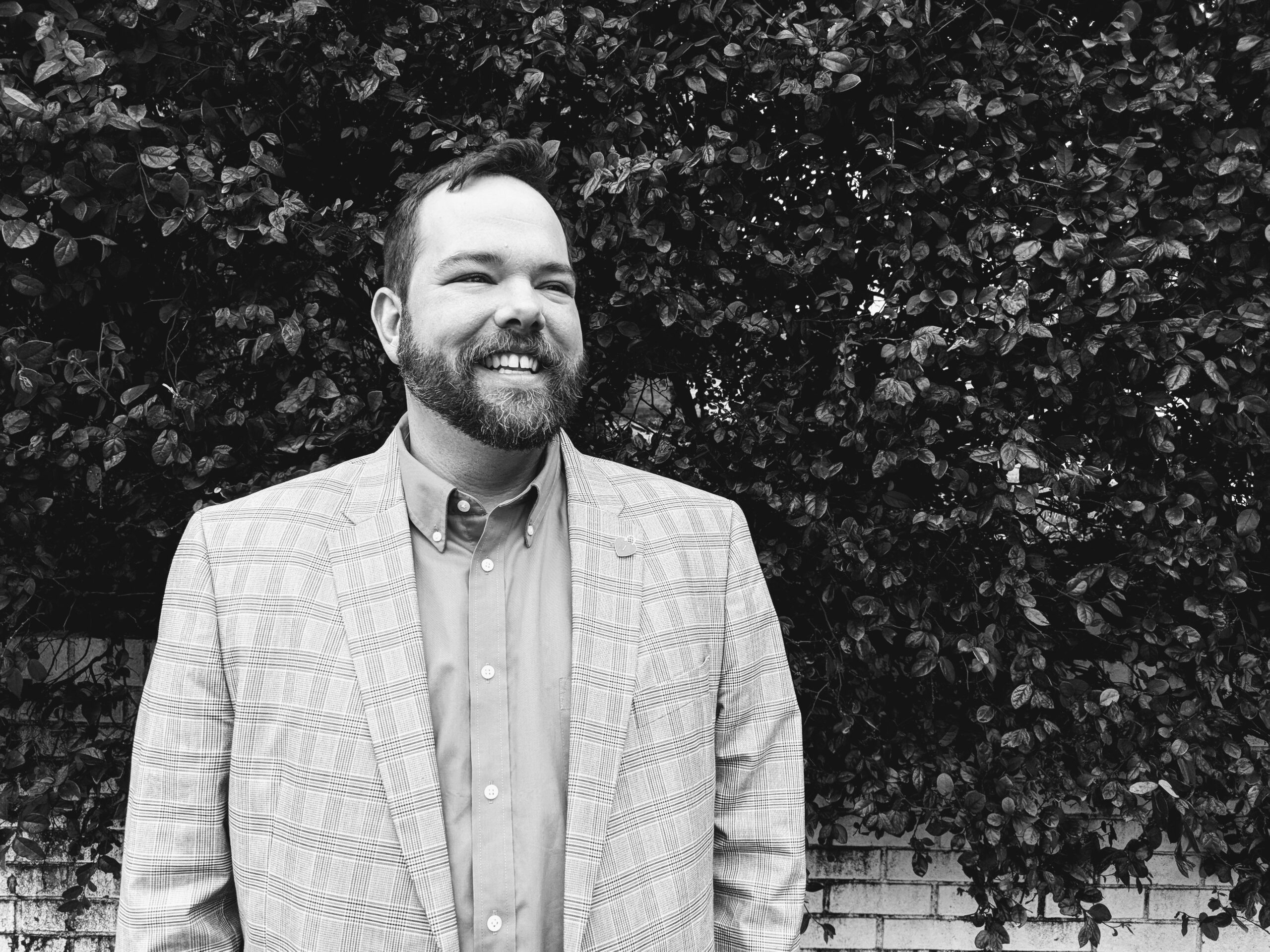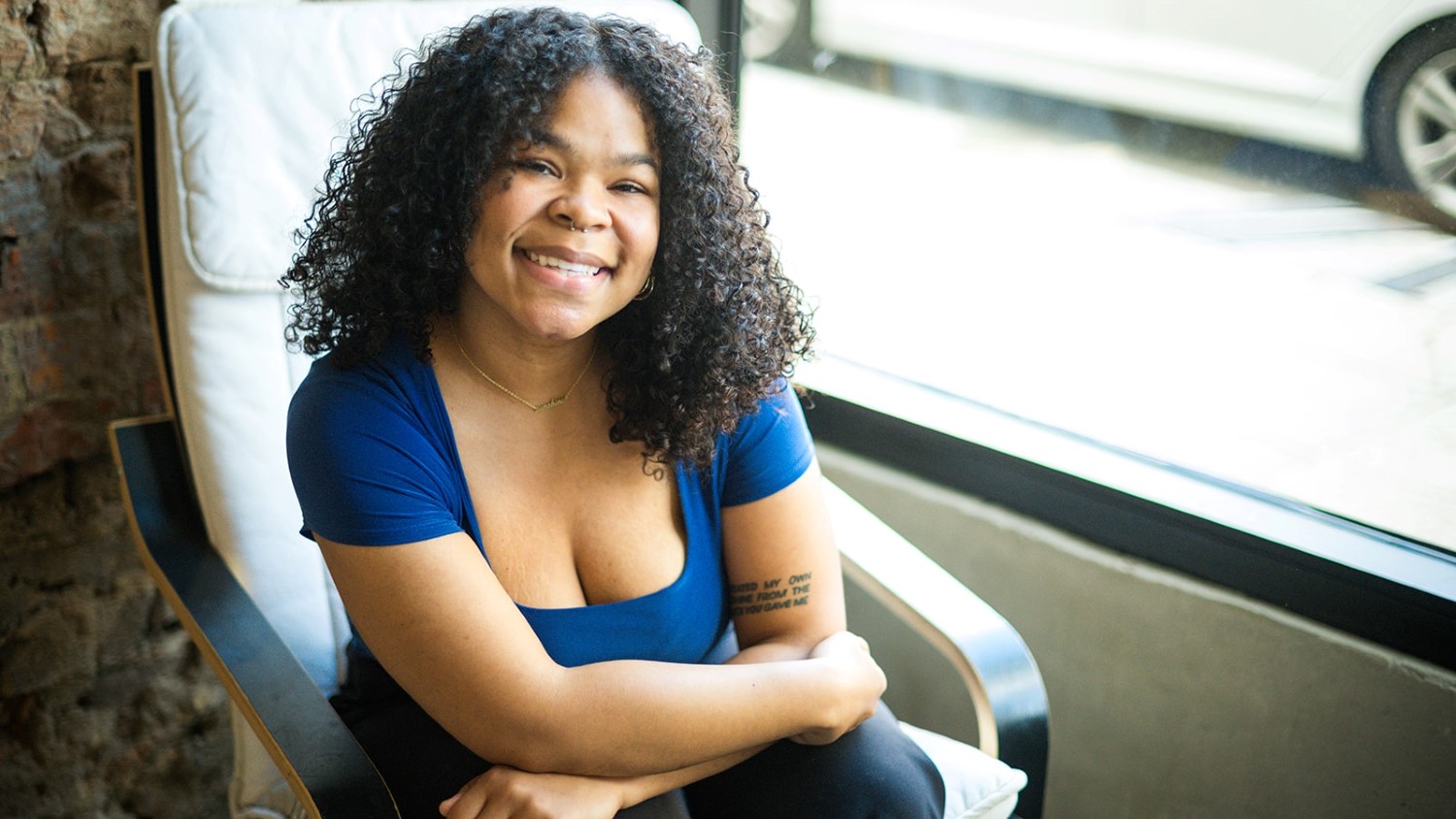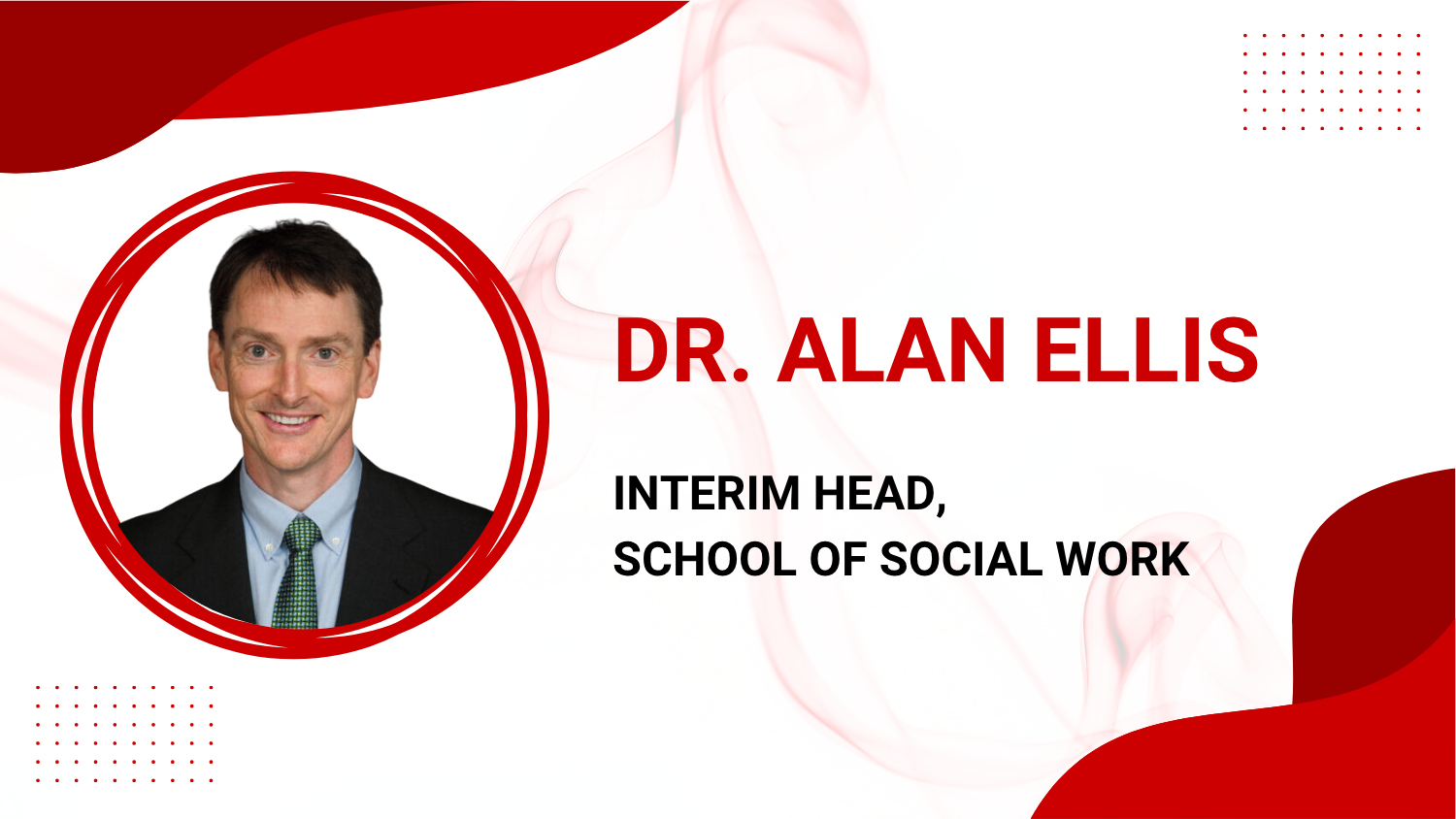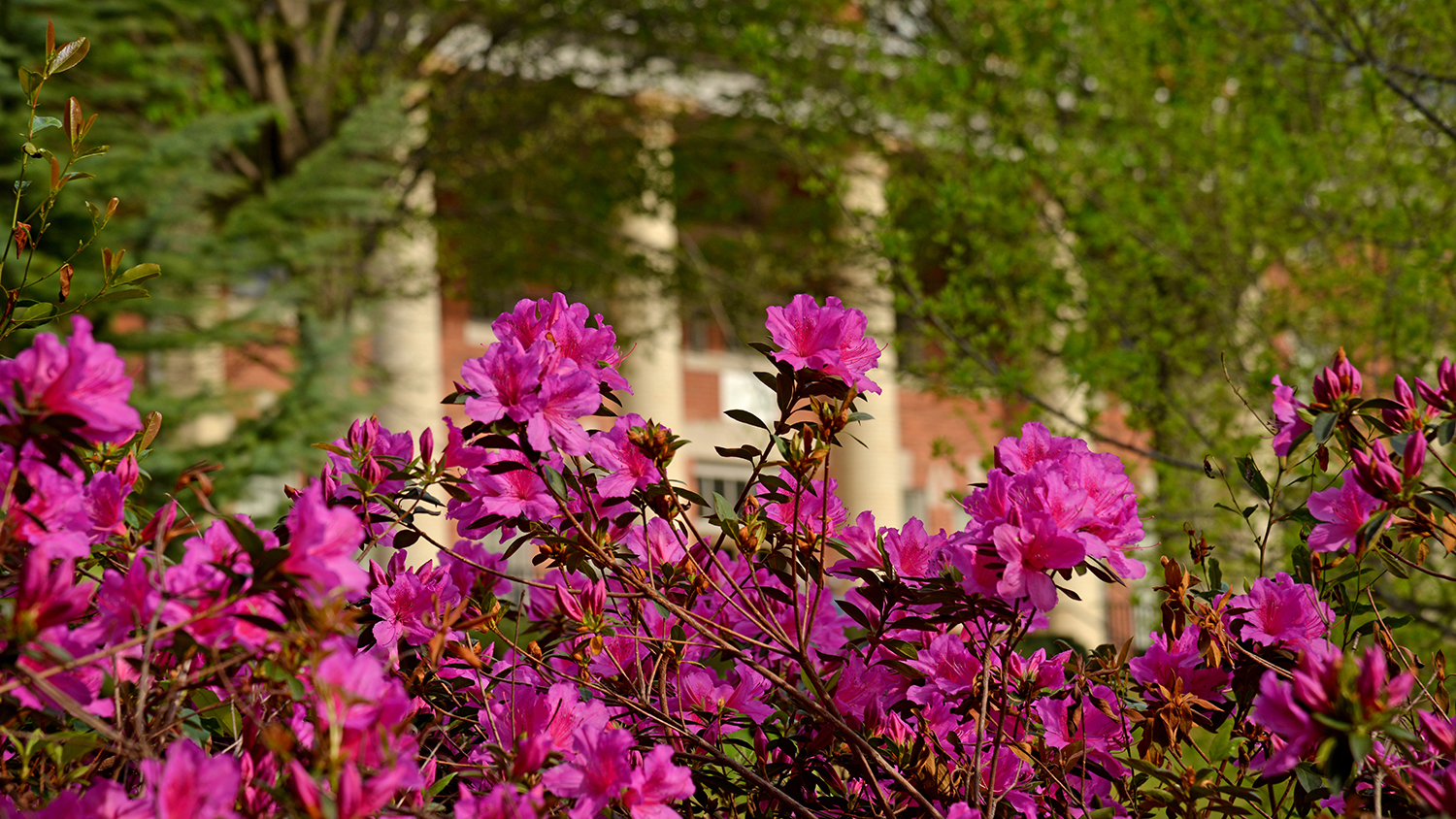NC State Alumn, Chris Campau and the Triangle’s First ‘Recovery High School’

When people think of those struggling with Substance Use Disorders, rarely do they think that such an uphill battle will lead to a person finding their professional calling. Yet, this is the case for NC State alumn Christopher Campau, who says that his “recovery has allowed me to complete my education, find my dream job, and be able to support my daughter, who is the joy of my life.”
When Campau graduated in 2015 with his Bachelor of Social Work Degree (BSW) from NC State, it was clear that his work with individuals struggling with Substance Use Disorders (SUD) was clear from over. Campau, who is also in long-term recovery from SUD and has not used alcohol or drugs since 2006, knew that he could help others who were also struggling with SUD’s. “My interest in Social Work came from a result of discriminatory policies I faced due to my recovery status including loss of housing, barriers to enrolling in college, and watching people struggling with a SUD face difficulty accessing resources.” recalled Campau. As a non-traditional student in recovery, “I had some difficulties getting into NC State, but once I was there I felt immediately welcomed into the pack. Dr. Bullock [Head of the Department of Social Work] and the entire social work department were so nice and accommodating. They taught me not just about the field of social work, but also about self-care and how I fit into the Wolfpack family” he said.

While he was a student at NC State, Campau, along his his fellow NC State Social Work classmate, Scott Luetgenau, established the Collegiate Recovery Program at NC State. “My role, at first, was strictly advocacy. Making sure NC State was aware of the national CRC [Collegiate Recovery Community] trends. From there we were able to form a student organization that offered peer-to-peer support for students in recovery,” Campau said of establishing the group. Little did he realize that the CRC would be so effective that it would lead to a full-time professional position after he graduated. Now, as the Collegiate Recovery Coordinator working for Addiction Professionals of North Carolina, Campau reflects on how the position was developed, “due to a grant from the Division of Mental Health, Developmental Disabilities, and Substance Abuse Services, NC State has been able to participate in a planning grant where they hired a full-time coordinator to move the CRC from a student org to an institutionalized position.”
Though he originally thought of himself as going into direct practice, he found his calling when he became involved in policy work and macro-level social work in his position as Collegiate Recovery Coordinator. It was there he developed an interest in recovery high schools, saying, “my interest in recovery high schools began as I really dove into my collegiate recovery work. We understand that treatment initiates recovery, but that sustained recovery really happens in a person’s community. Addiction is a pediatric disorder, with the majority of use starting before or in high school. Young people should feel safe in their schools as they pursue academic success.” Though Campau is now working to assist with the creation of the Triangle’s first recovery high school, he is quick to point out that “the recovery high school was actually conceived by an elementary teacher, Leah Wright, who saw a need in her community and has been a beacon for this cause. My role is to act as a consultant on the adolescent recovery aspect.”
With the majority of recovery programs aimed at adults in recovery, it is rarer to hear of a program that focuses on high schools students who are struggling with SUD’s. Campau stresses that recovery high schools are an important part of the recovery program and are crucial. “High school age students crave a sense of belonging and to fit in. Creating a space where an individual in recovery does not feel like an ‘outsider’ will help them in their recovery, academics, and social development. High school students are also bombarded with a normalized drinking and drug use culture through music, movies, T.V. and other sources, allowing them to feel ‘a part of’ [high school] serves as a protective factor from those messages” Campau says. Additionally, SUD”s with adolescent populations have their own unique issues. He adds that for high schoolers, “it’s really a brain development issue, the inability to see how current behavior may impact future opportunities is a struggle for young people. I just think back to the stressors I had as a high school student, and how they felt like the biggest problems in the world at the time, and how difficult it would be to maintain recovery with those levels of stress.”
Though Wake county hasn’t yet determined a physical location for the new recovery high school, other details like what an average day will look like for students, have been decided. Campau says that “the high school will be set-up like a normal high school day, but will offer recovery coaching and pro-social recovery activities, including sober events. The biggest difference will be a morning check-in so all the students can discuss any challenges, and/or successes they are experiencing in life.” He adds that “tuition has not been decided yet, but the school will be private, so they can be innovative, and make changes as needed which could be a struggle within the board of education system.”
Schools like the Triangle’s new recovery high school are big steps towards an inclusive society which supports those who are coping with SUD’s. Campau says that there are other steps that our society can take to “make sure that young children do not have to face this struggle, “make sure that your community and lawmakers are informed about evidence-based prevention strategies. We need to work to include our young people in the community to empower them and shift how they see their future, if they feel in control of their life and find a sense of purpose, these issues may not surface. It’s also important for parents to be transparent and speak openly about alcohol and other drugs with their children.”
Campau, has some advice for others also in recovery, he urges them to “get involved in the community, whether it is a recovery community, faith based, recreational league, etc. Also, to find your out what your goals are and strive to reach them every day, create a sense of purpose for yourself.” He also says that those who know someone in recovery can help by “[being] understanding and ask[ing] questions if the person is comfortable answering them. [They can] get involved, [and] attend events put on by local recovery organizations. Make sure there is an understanding that not every one’s recovery will look the same, and one person’s experience will not always mirror another’s. Also, be supportive. If an individual in recovery tells you they are uncomfortable in a situation, don’t minimize their feelings or tell them, ‘I won’t let you drink;’ really listen and be a good companion.”


